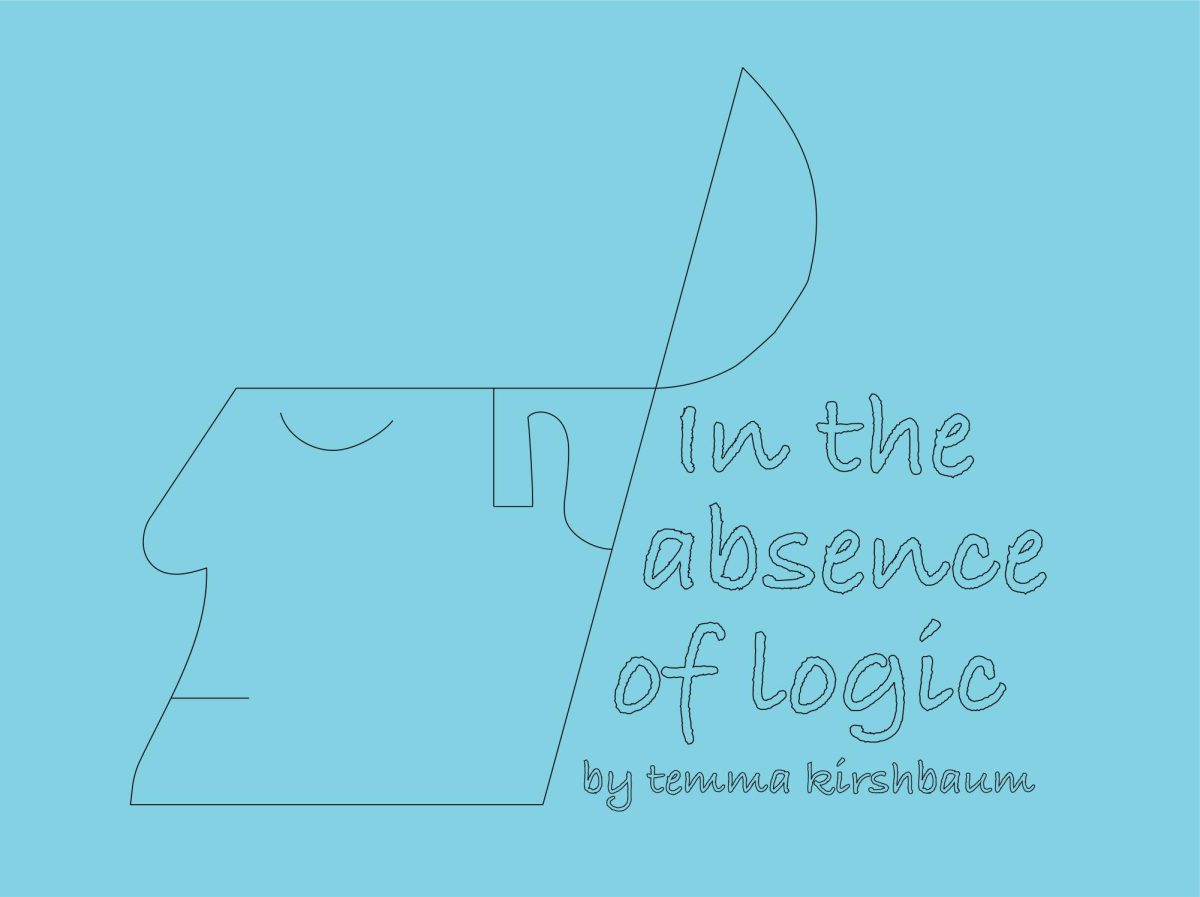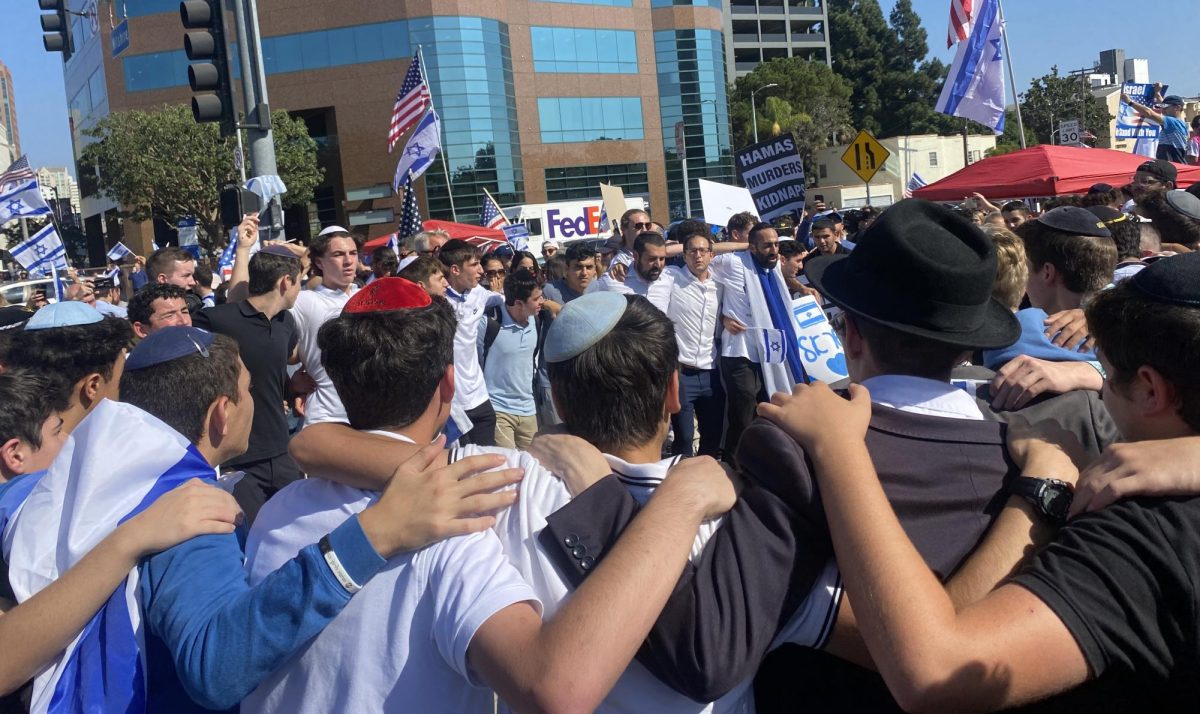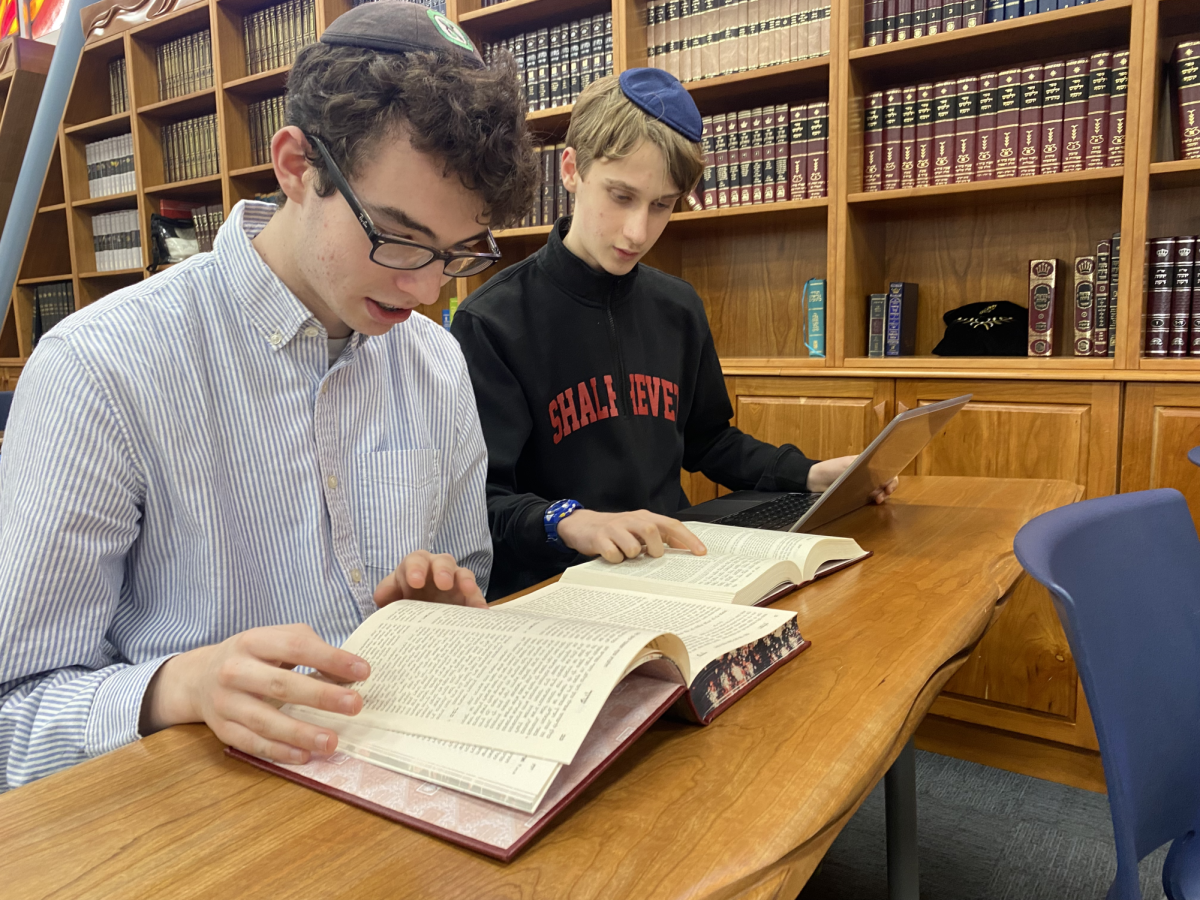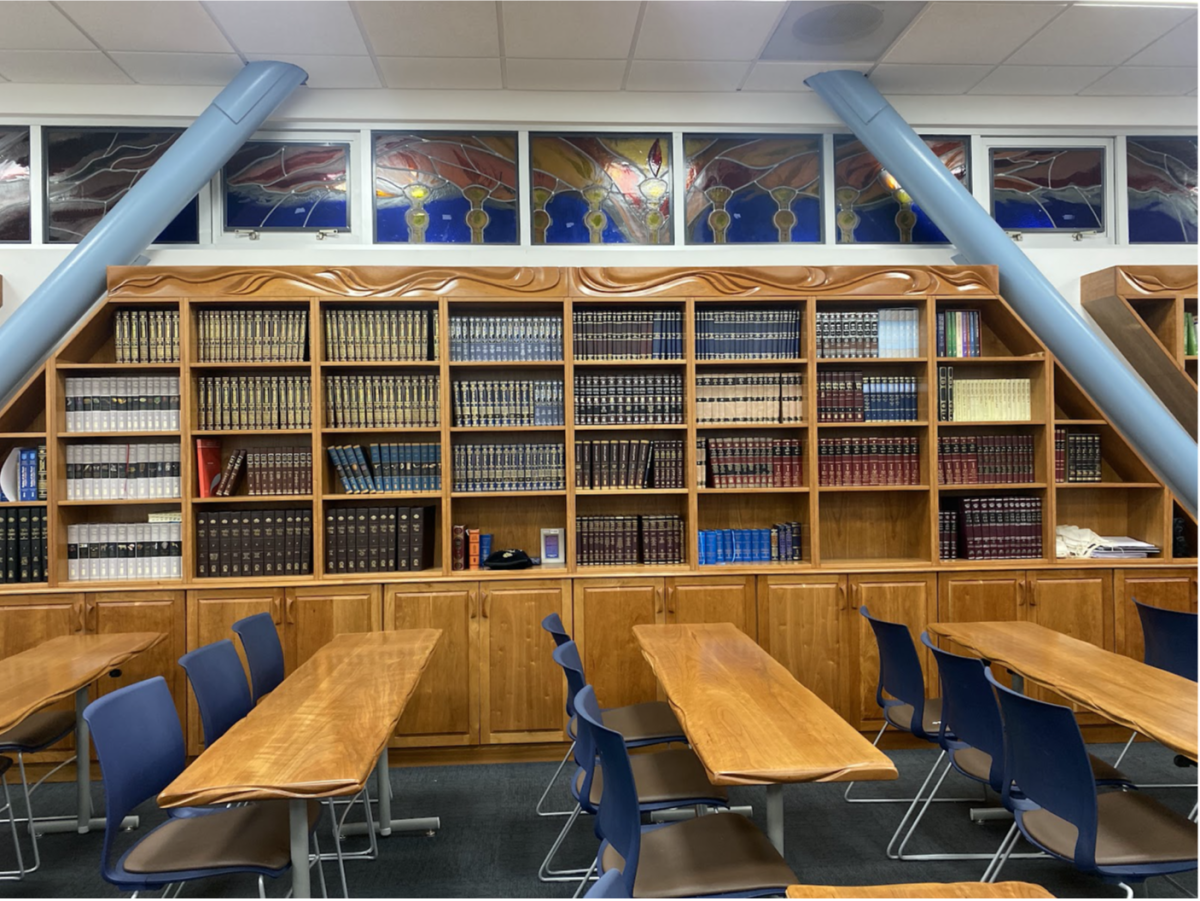In other Modern Orthodox schools, there is a lack of consensus on the interpretation of kol isha. But in every case, the policy has been arrived at deliberately and with halachic support.
SAR High School in Riverdale has a co-ed choir and allows the girls to have solos.
“We want to give both boys and girls opportunity to express themselves through non-suggestive and appropriate song while expecting both boys and girls to take control of themselves such that what is presented is not charged in a sexual way,” said Rabbi Tully Harcsztark, SAR’s founding principal.
Frisch High School in New Jersey has a mixed choir, but for solos, three girls must sing together at the same time. This is similar to Shalhevet’s former policy, which required solos sung by two.
“The policy was set before any of the current rabbeim were on staff, but my understanding is that it’s based on a slightly more machmir [strict] version of the principle that two voices can’t be heard at the same time ,” said Frisch’s Rabbi Yaakov Blau. ”If you look up the famous Sridei Aish, Rabbi Yechiel Yaakov Weinberg’s responsa, about kol isha, it’s one of the factors that he quotes to be lenient.”
Ramaz High School in Manhattan has a mixed choir and does allow girls to sing solos.
“The source for this policy is the Ritva and others,” said Ramaz Principal Rabbi Haskel Lookstein. “But the real source is that my father, Rabbi Joseph H. Lookstein, allowed it, and I continue in his policy.”
Maimonides High School in Boston only has a girls’ choir, ironically named “Kol Isha.” They perform only for women in school and in the community.
“Psychologists have proven what is often called ‘the cocktail party effect’ – that humans can direct their perception towards a target sound if they wish,” stated Rabbi Yaakov Jaffe, Limudei Kodesh Principal of Maimonides. “Our policy strives to apply the halacha so that our students and families will grow in their lives as religious Jews. That’s the reasoning behind this and all our policies.”
Related: OPINION: Seen and heard












